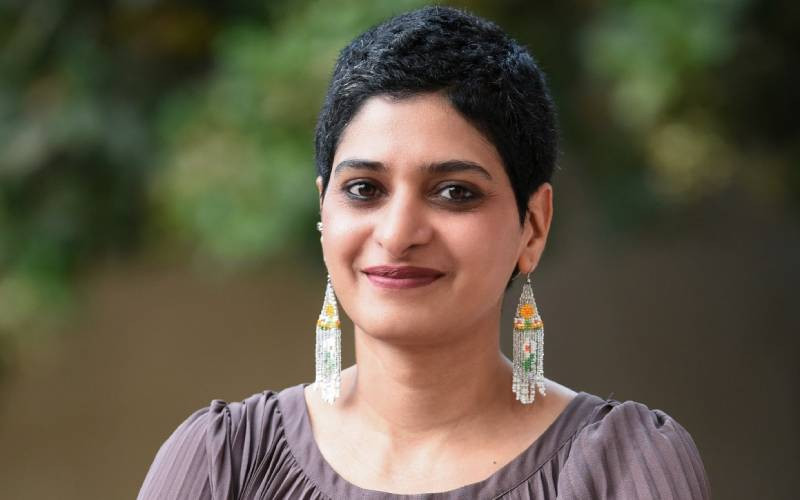×
The Standard e-Paper
Home To Bold Columnists

When Josephine found out she was pregnant, she felt as if God had remembered her and answered her prayers.
But when her labour started, Josephine born with Cerebral palsy was dismissed from a hospital which left her heart broken.